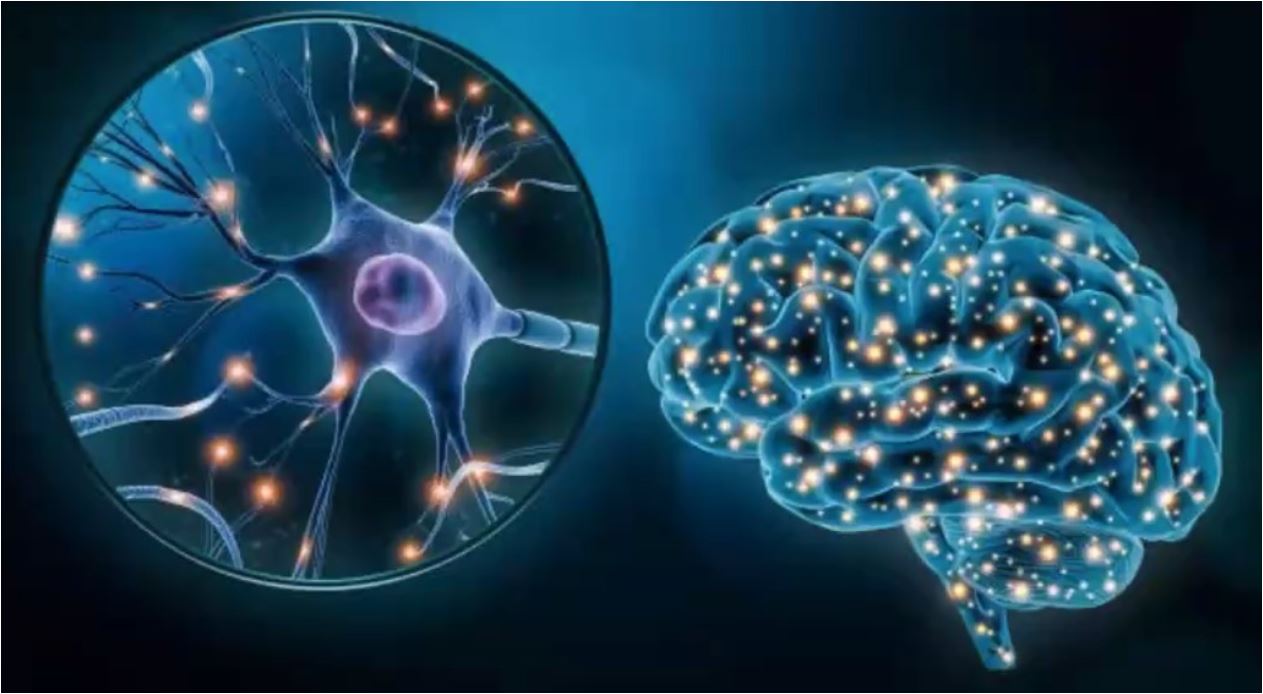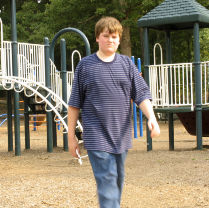The Impact of Brain Glucose Metabolism on Attention Deficit Hyperactivity Disorder: Mechanisms and Implications
Key findings indicate that disruptions in glucose metabolism impair dopamine and norepinephrine signaling, compromise astrocyte-mediated energy supply to neurons, and exacerbate core symptoms of inattention and impulsivity.










